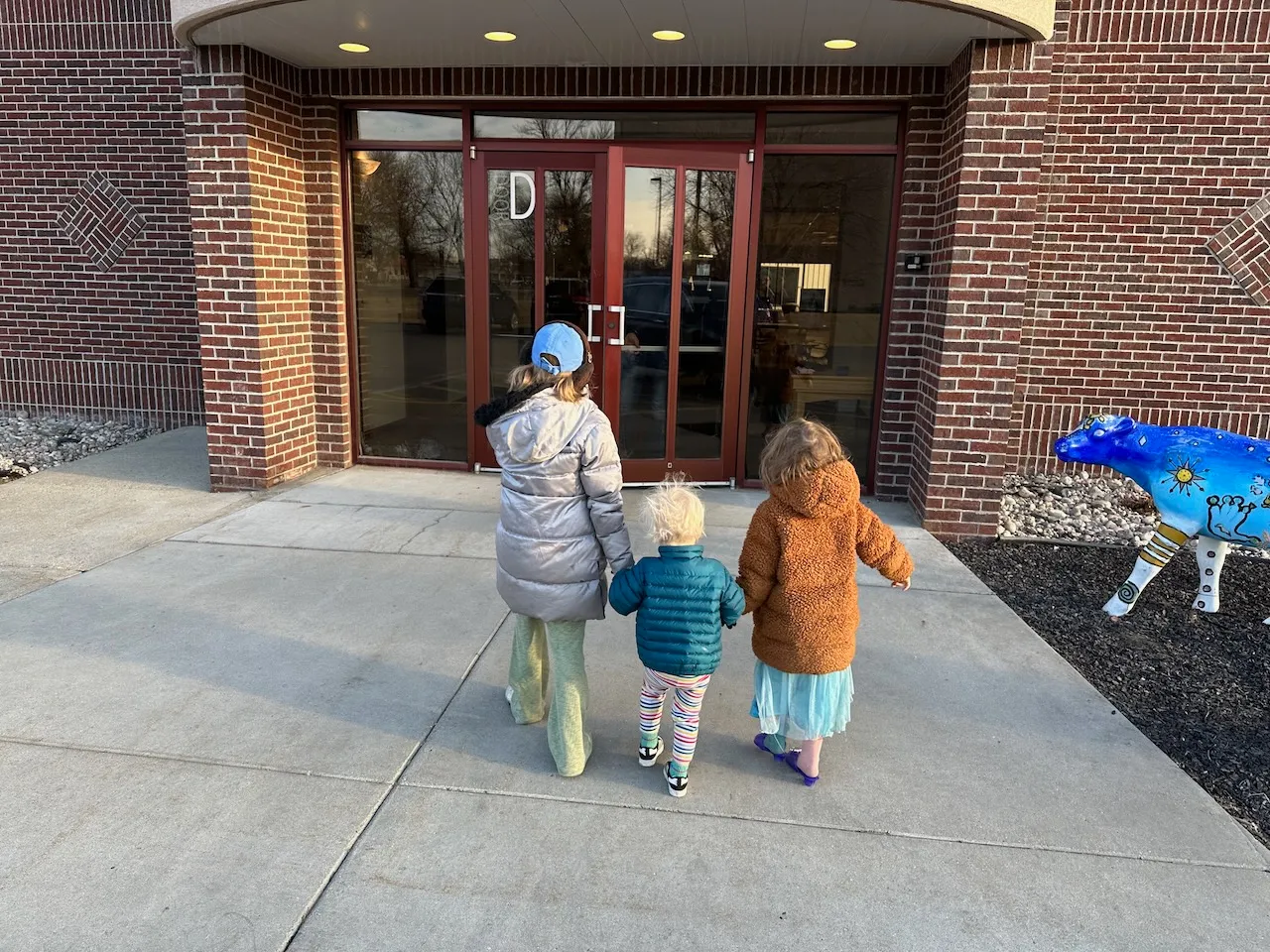🎧 AI and Education: Perspectives from Japan, the UK, and the US
Explore the cultural context surrounding the use of AI in education as Len (Japan), Serj (UK), and Scott (US) discuss the transformative potential of AI. They debunk misconceptions about its role in replacing educators and highlight how AI can enhance teaching practices.

Table of Contents
AI is changing education, but the changes happen at different speeds in different parts of the world.
In the latest episode of the Ed3 Podcast, Serj Hunt (UK), Len Loving (Japan), and Scott Meyer (US) delve into AI implementation in the classroom and explore the questions and concerns surrounding its impact on teaching and learning. From the potential transformation of the educator's role to ensuring equitable access, this conversation sheds light on the future of education and the possibilities AI brings.
Listen here and read the highlights below:
AI and Educators: Enhancing the Human Touch
One common concern is whether AI will replace educators altogether. Serj and Len address this misconception by emphasizing that AI's role is not to replace teachers but rather to enhance their capabilities. By shifting the relationship between technology, teacher, and student, AI can empower educators to curate personalized learning experiences and focus on education's emotional and empathetic aspects. The human touch remains indispensable in fostering deep connections, engaging in meaningful debates, and supporting students' emotional and academic growth.
Access and Equity: Overcoming Inequities through Grassroots Efforts
Ensuring equitable access to AI tools and resources is an important topic. Len and Serj acknowledge the existing inequities and highlight the importance of grassroots initiatives. Len shares his experience in Japan, where he envisions creating spaces where teachers and students can explore AI tools and concepts in a hands-on and collaborative manner. By starting small and enabling teachers, whether parents or professionals, to embrace AI gradually, the transformative potential of AI in education can be unlocked for all, regardless of economic background or infrastructure limitations.
Data Security and Risks
Data security in AI systems is an important consideration in education. Serj emphasizes the need for vigilance regarding data processing and storage by third-party providers. He advises educators to carefully examine the policies and practices of tools they use to ensure that sensitive data is not compromised. While OpenAI's ChatGPT has robust safety measures, it is crucial to be cautious of startups and their data handling practices.
Plagiarism and Academic Integrity
Plagiarism and its implications in an AI-powered educational environment is a frequent topic of conversation. Len suggests reframing plagiarism as an opportunity for teachers to understand their students better and engage in discussions about the writing process. By leveraging AI tools like ChatGPT, teachers can encourage students to compare their work with AI-generated responses, fostering critical thinking and a deeper understanding of the learning journey.
Context, Culture, and AI Understanding
Can AI comprehend context and human culture? Serj and Len agree that context is essential for AI models to generate accurate responses. They acknowledge that AI has limitations in understanding cultural nuances, but human intervention and linguistic expertise can bridge the gap. Len shares his experiences with language-specific prompts and highlights the need for continued improvement.
The Future of AI in Education
Serj and Len wrap up the podcast by offering their short-term predictions for AI in education. Serj envisions the rise of specialized AI models tailored to specific industries, including education. These models will provide accurate and relevant insights, catering to specific needs. Len predicts that AI will seamlessly integrate into daily life, serving as a helpful companion rather than a disruptive force. He envisions an integration of AI technologies that offers a unified user experience across different applications.
This episode of Ed3: Unplugged sheds light on the evolving landscape of AI in education. From enhancing the human touch in teaching to addressing access and equity concerns, the discussion emphasizes the need for cautious adoption, leveraging AI as a tool for personal growth, and embracing its limitations. The future of AI in education holds great promise, but it will take humans to realize that potential.
Scott David Meyer Newsletter
Join the newsletter to receive the latest updates in your inbox.



